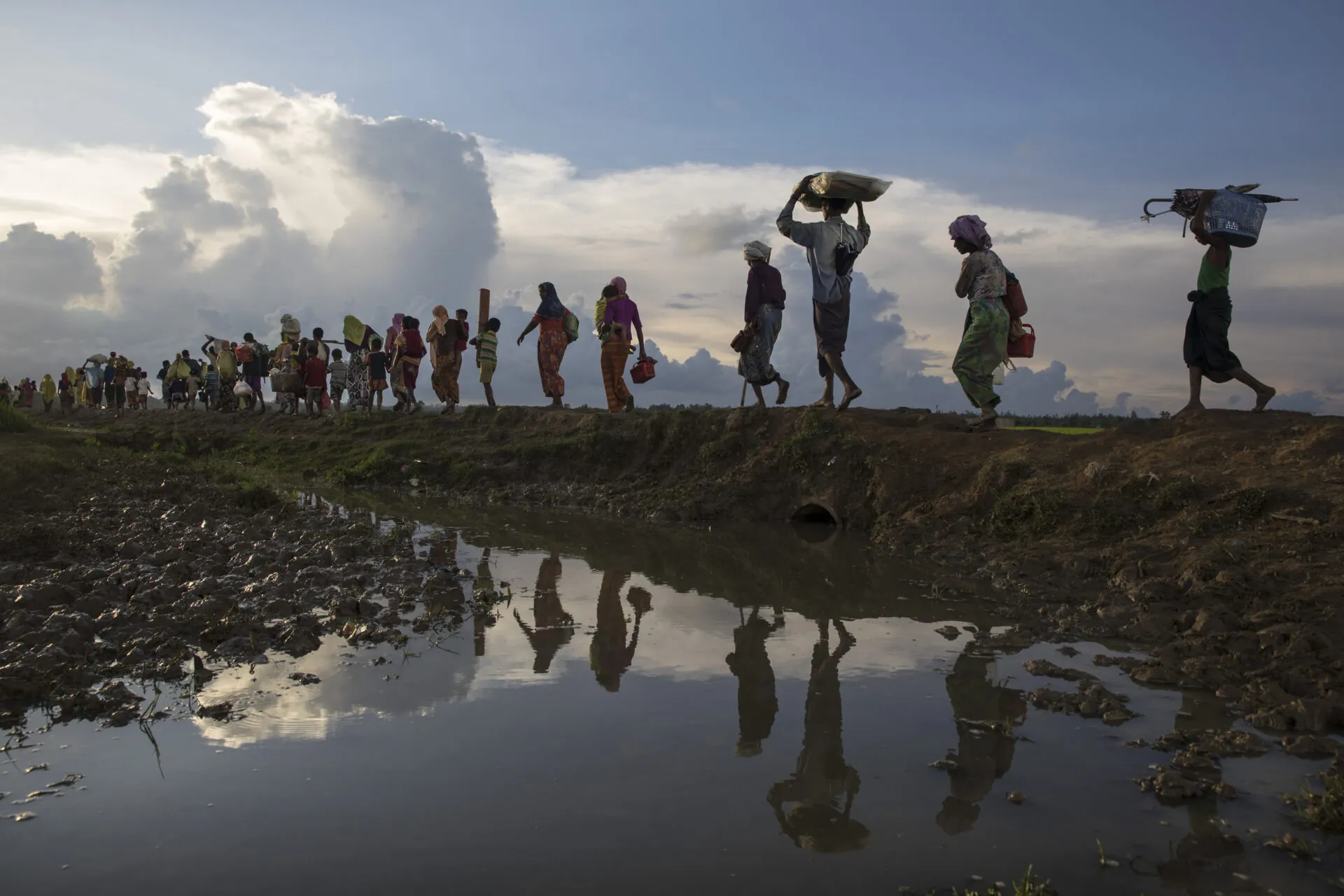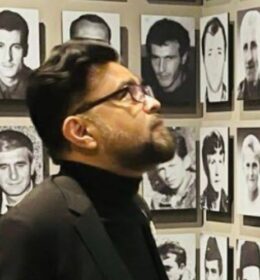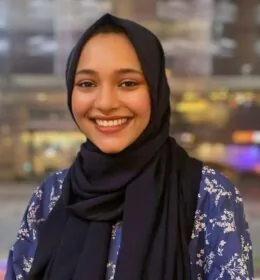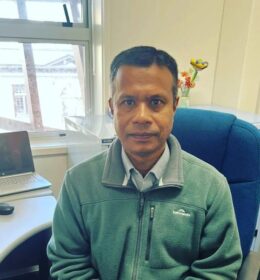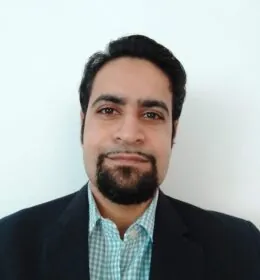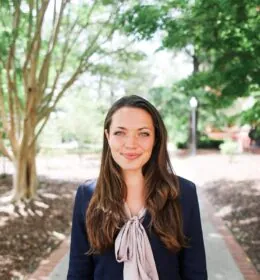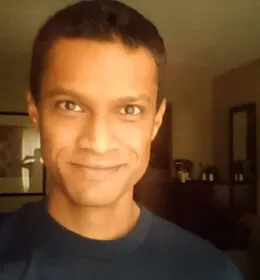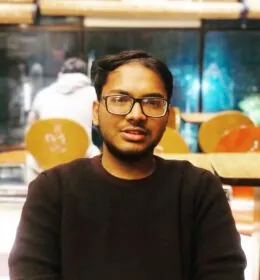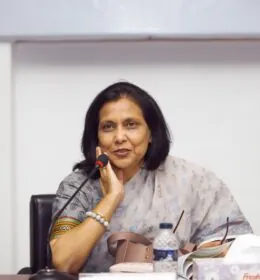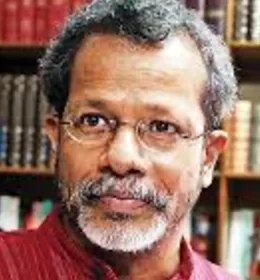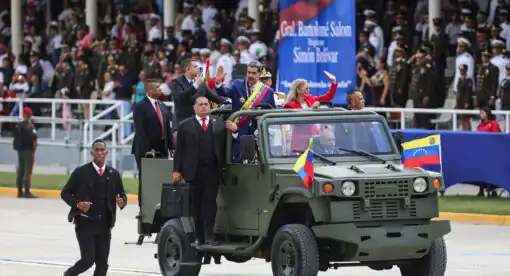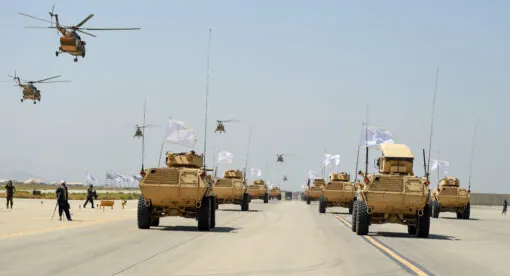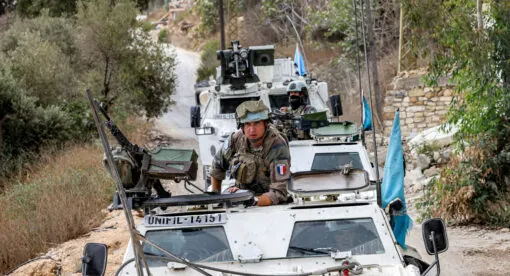Introduction
The plight of the Rohingya people represents one of the most urgent humanitarian crises of our time. Decades of persecution and systemic discrimination have rendered them stateless and vulnerable, with successive governments in Myanmar perpetuating egregious human rights violations. In the wake of the 2021 coup, their suffering has only intensified, necessitating immediate and concerted international intervention.
Despite broad humanitarian assistance and widespread condemnation of the actions against them, the Rohingya continue to endure unimaginable hardships, exacerbated by regional neglect and a lack of organized representation on the global stage.
The Global Rohingya Initiative, spearheaded by the New Lines Institute, represents a landmark initiative designed to ensure the voices of the Rohingya community are heard in all discussions with international entities, are leading efforts to build enduring frameworks, and are at the center of any path forward. Our comprehensive approach encompasses a range of activities, from advocacy and capacity-building to policy development and international engagement, with a steadfast commitment to centering Rohingya perspectives and experiences with an aim to equip Rohingya leaders to develop a new global Rohingya representative body with offices in the U.S., Europe, the Middle East, and Asia.
The Global Rohingya Initiative stands as a beacon of hope and solidarity in the face of adversity. It is imperative that we heed the Rohingya call for justice and solidarity, recognizing the pressing need to empower them with a unified voice and agency in shaping their own future.
Sincerely,
- Dr. Azeem Ibrahim OBE
Senior Director
New Lines Institute for Strategy and Policy
Washington, D.C.
Read Regina M. Paulose & N. Hasan’s essay here.
Read Camilla Gray & Umme Tamima’s essay here.
Read Md Mahbubur Rahman’s essay here.
Read Saqib Sheikh & Carolyn Morris’s essay here.
Read Raïss Tinmaung’s essay here.
Read Nahian Reza Sabriet & Amena Mohsin’s essay here.
Read Dr. Imtiaz Ahmed’s essay here.

